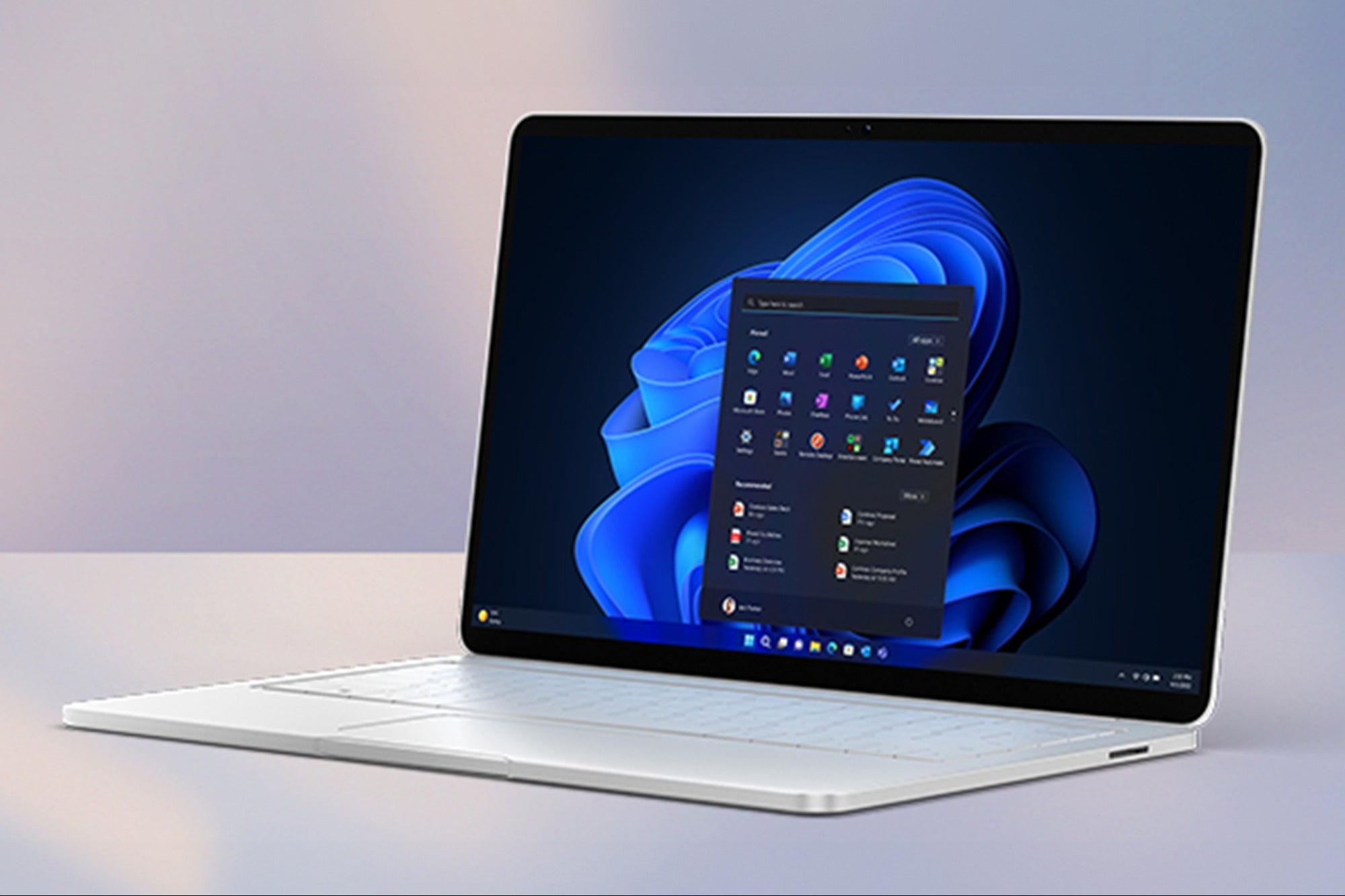The Ins and Outs of Asset-Based Loans Need cash fast? It can be had -- if you're willing to put future sales on the line.
What it is: Simply put, asset-based loans are based on assets, generally accounts receivable and inventory, that are used as collateral. You're putting your future revenue on the line to gain access to money right now.
Asset-based lenders will advance funds based on an agreed percentage of the secured assets' value. The percentage is generally 70 percent to 80 percent of eligible receivables and 50 percent of finished inventory.
Related: Taking on Debt to Grow Your Business
How to get it: The range of financial service companies that offer asset-backed lending is huge. The Commercial Finance Association's membership includes banks and many independent finance companies.
For a small business, the key is to find the lenders that are willing to offer lines of credit to younger companies. This can be tricky, and could involve some asking around. Asset-based lenders would prefer to make larger loans because the cost to monitor an asset-based loan is generally the same whether it's large or small.
Still, securing an asset-based loan should be comparatively easy if your company has good financial statements, good reporting systems, commonly sold inventory, and, finally, customers who have a track record of paying their bills.
To secure an asset-based loan come to the table with financial information that is detailed and accurate. The key is to make the lender comfortable with a credible case for long-term viability, as well as professionally-prepared financial statements that prove you have a handle on the business.
Upside: Asset-based loans can be a much-needed source of capital for companies that are rapidly growing, highly leveraged, in the midst of a turnaround or undercapitalized. Sometimes a company simply needs that infusion of cash to get over a financial hump or prevent growth from stalling out.
The loans are especially well-suited for manufacturers, distributors and service companies with a leveraged balance sheet whose seasonal needs and industry cycles often hamper their cash flow. Asset-based loans can also be used to finance acquisitions.
Downside: The chances of securing a credit line are only as good as the quality of the receivables. Commercial lenders will sort through your customers to identify the ones that pay in less than 60 days or have a strong credit rating. They may not deem sales to individuals or small businesses as "eligible receivables."
Asset-based loans also cost more than traditional loans. Interest rates greatly vary, and banks will sometimes include additional "audit" and due diligence fees to the overall cost of an asset-based loan. Larger banks might also require your personal guarantee, as well as the assumption of your other banking relationships.
In most cases asset-based lenders will require that your customers send payments directly to the finance company. A third party gains control of your company's cash flow, which can be an uncomfortable situation. The lender, for example, might opt to "reserve" more cash from customers, versus turning it over, if receivables start to lengthen.










